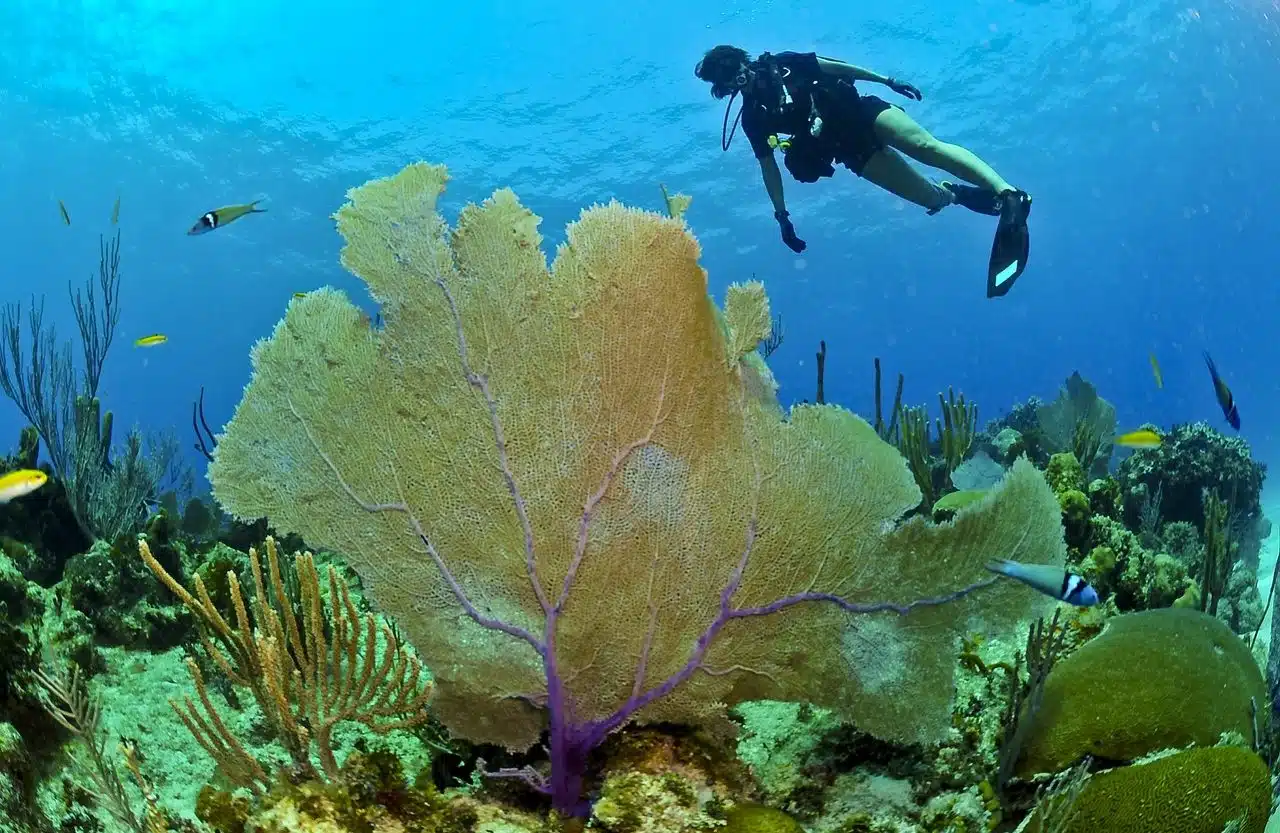
Oceanography is dedicated to the study of the oceans.
Oceanography is the science dedicated to the analysis of the oceans . Its experts investigate the various phenomena that occur underwater and work with the various organisms that inhabit the sea .
Oceanography is part of the group known as geosciences , which encompasses those natural sciences focused on various studies of the Earth . In this specific case, its object of study is in the ocean. Its etymological origin, in fact, is linked to the description of these seas.
Branches of oceanography
It is possible to distinguish between various branches within this science. Physical oceanography deals with physical phenomena that take place in the ocean, such as waves and currents .
Chemical oceanography , for its part, is oriented to the analysis of aquatic composition from a chemical point of view. One of its interests is the presence of polluting substances in the seas.
Geological oceanography , on the other hand, investigates the geological development that affects the formation of the sea and the coast. Biological oceanography , finally, carries out research on the living beings that inhabit the ocean.

Biological oceanography is the specialty that investigates the living beings that inhabit the ocean.
The legacy of Jacques Cousteau
Among the most famous oceanography experts in the world is Jacques-Yves Cousteau ( 1910 – 1997 ), a researcher who became very popular as a pioneer in underwater filming and photography. This oceanographer knew how to become a documentary filmmaker recognized throughout the world and a fervent activist for the defense of marine nature . Cousteau allowed humanity to increase its knowledge about everything that happens underwater.
Costeau was an explorer and due to his great passion for the marine world he was working to find a way to go down to the ocean and stay underwater for a long time. This is how he managed to manufacture the oxygen regulator that is still used in autonomous diving.
Furthermore, Costeau not only liked to see but also to immortalize; So much so that he was one of the first to film underwater films . His famous underwater strips, taken during his explorations on the ship he had named Calypso , are extremely popular and have been televised in many countries around the world. Thanks to them, Jacques-Yves Cousteau was recognized throughout the globe for his passion and dedication to the exploration of the marine universe.
Cousteau's contributions to oceanography
Given that passion, he was also a great activist to preserve the purity of the oceans . He defended the marine environment by giving talks and trying to raise awareness in the world about environmental issues. He is possibly one of the first activists aware that our role in life is fundamental, not because of what we have come to do but because of what we have done, and continue to do, without worrying about the future of nature.
When a large amount of radioactive waste was going to be disposed of in the sea in 1960 , Cousteau carried out a campaign to prevent it, gaining high support from the people. And that was just the beginning of a long and intense fight for environmental rights. Later, together with his children, he would create the Cousteau Society , which is responsible for working to protect life in the ocean.
Thanks to all of Costeau's work exploring the marine world and learning about the lives of other species, today we know a lot about what is hidden beneath the waters. Many films and strips have been made in tribute to the work of this marine world enthusiast and his own films continue to be admired and enjoyed throughout the planet by adults and children.
